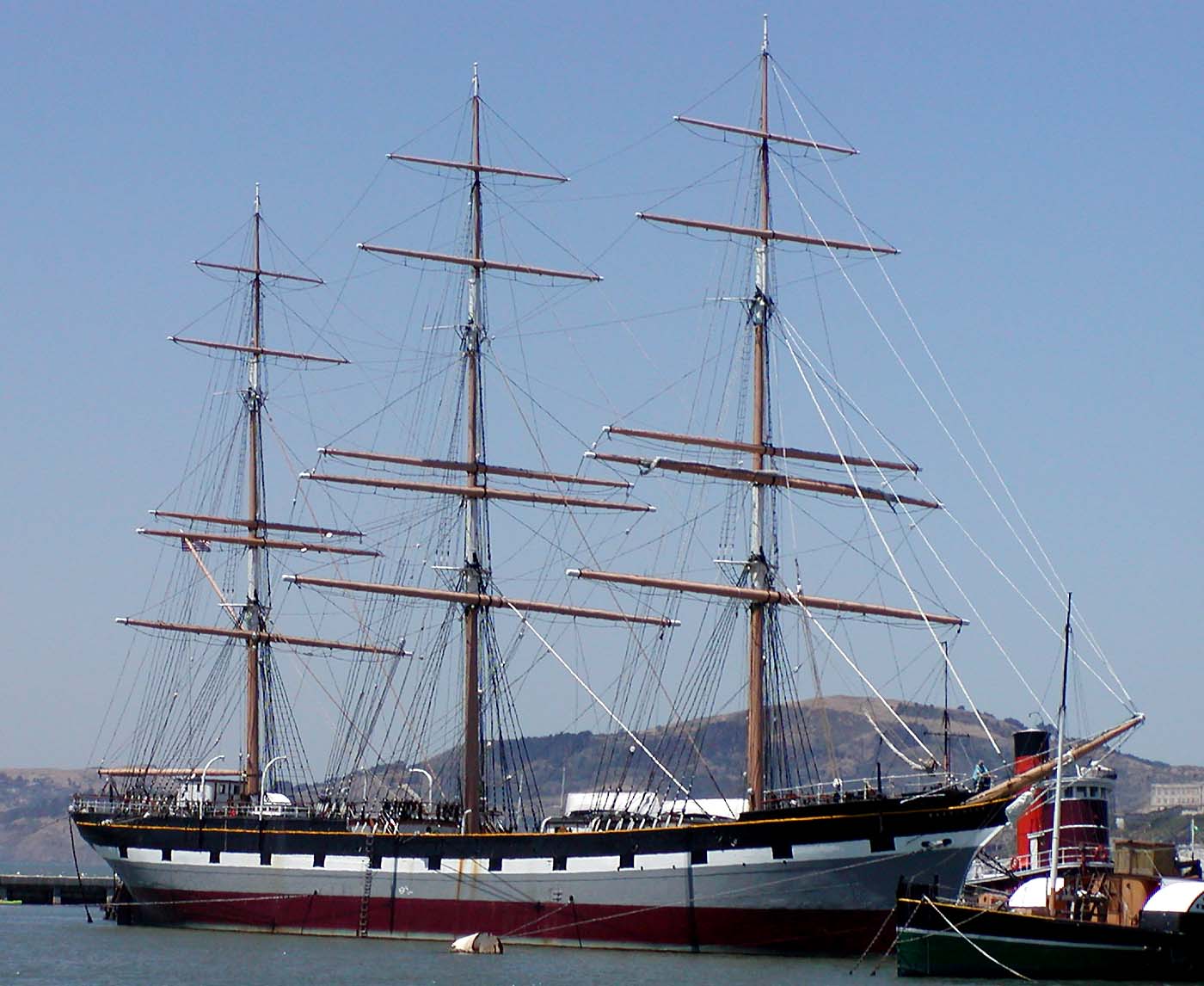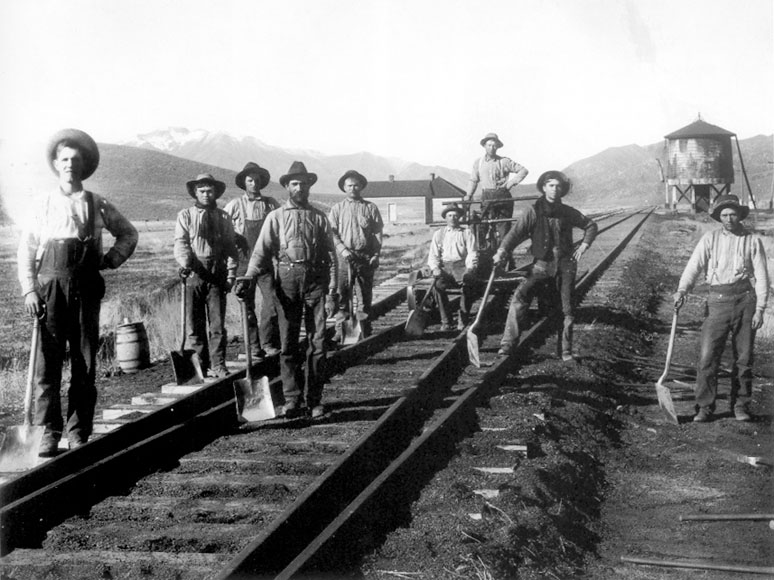
“She Never Will Marry” is an adaptation of some very old ballads. I first heard it sung by a red headed woman at Chicago’s Gate of Horn. Here’s a song that provides a glimpse into its origins:
THE LOVER’S LAMENT FOR HER SAILOR
As I was walking along the seashore,
Where the breeze it blew cool, and the billows did round,
Where the wind and the waves and the waters run
I heard a shrill voice make a sorrowful sound.
Chorus:
Crying, O my love’s gone, whom I do adore,
He’s gone and I will never see him more.
I tarried awhile still listening near,
And heard her complain for the loss of her dear;
Which grieved me sadly to hear her complain
Crying, he is gone and I will never see him again.
She appeared like some goddess, and dressed like a queen,
She’s the fairest of creatures that ever was seen.
I told her I’d marry her myself, if she pleas’d,
But the answer she made me, was my love is in the seas.
I never will marry nor be any man’s bride,
I choose to live single, all the days of my life,
For the loss of my sailor I deeply deplore,
As he’s lost in the seas I shall ne’er see him more.
I will go down to my dearest that lies in the deep
And with kind embraces I will him intreat,
I will kiss his cold lips like the coral so red,
I will close up his eyes that have been so long dead.
The shells of the oysters shall be my lover’s bed,
And the shrimps of the sea shall swim over his head,
Then she plunged her fair body right into the deep,
And closed her fair eyes in the water to sleep.
[G] They say that [D] love’s a [G] gentle thing
But it’s [C] only [D] brought her [G] pain
For the [C] only [D] man she [G] ever [Em] loved
Has [Am] gone on the [D] midnight [G] train
She never will [D] marry
She’ll be no man’s [C] wife
She expect to live [G] single
All the [D] days of her [G] life
Well the train pulled out
The whistle blew
With a long and a lonesome moan
He’s gone he’s gone
Like the morning dew
And left her all alone
She never will marry
She’ll be no man’s wife
She expect to live single
All the days of her life
Well there’s many a change in the winter wind
And a change in the clouds and Byrds
There’s many a change in a young man’s heart
But never a change in hers
She never will marry
She’ll be no man’s wife
She expect to live single
All the days of her life










